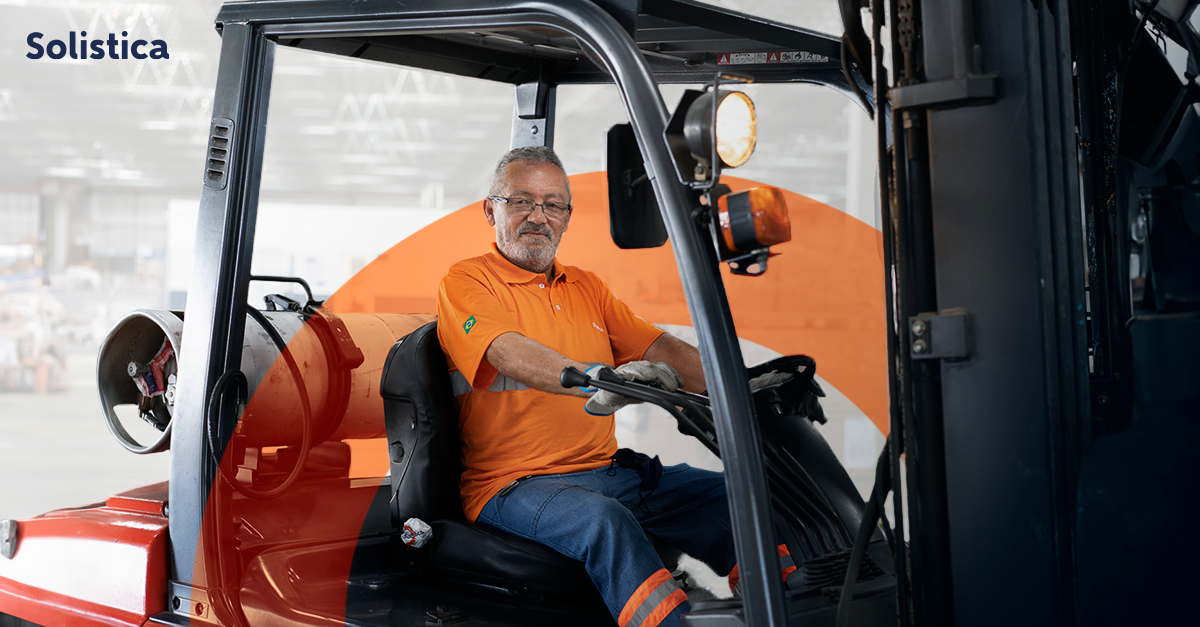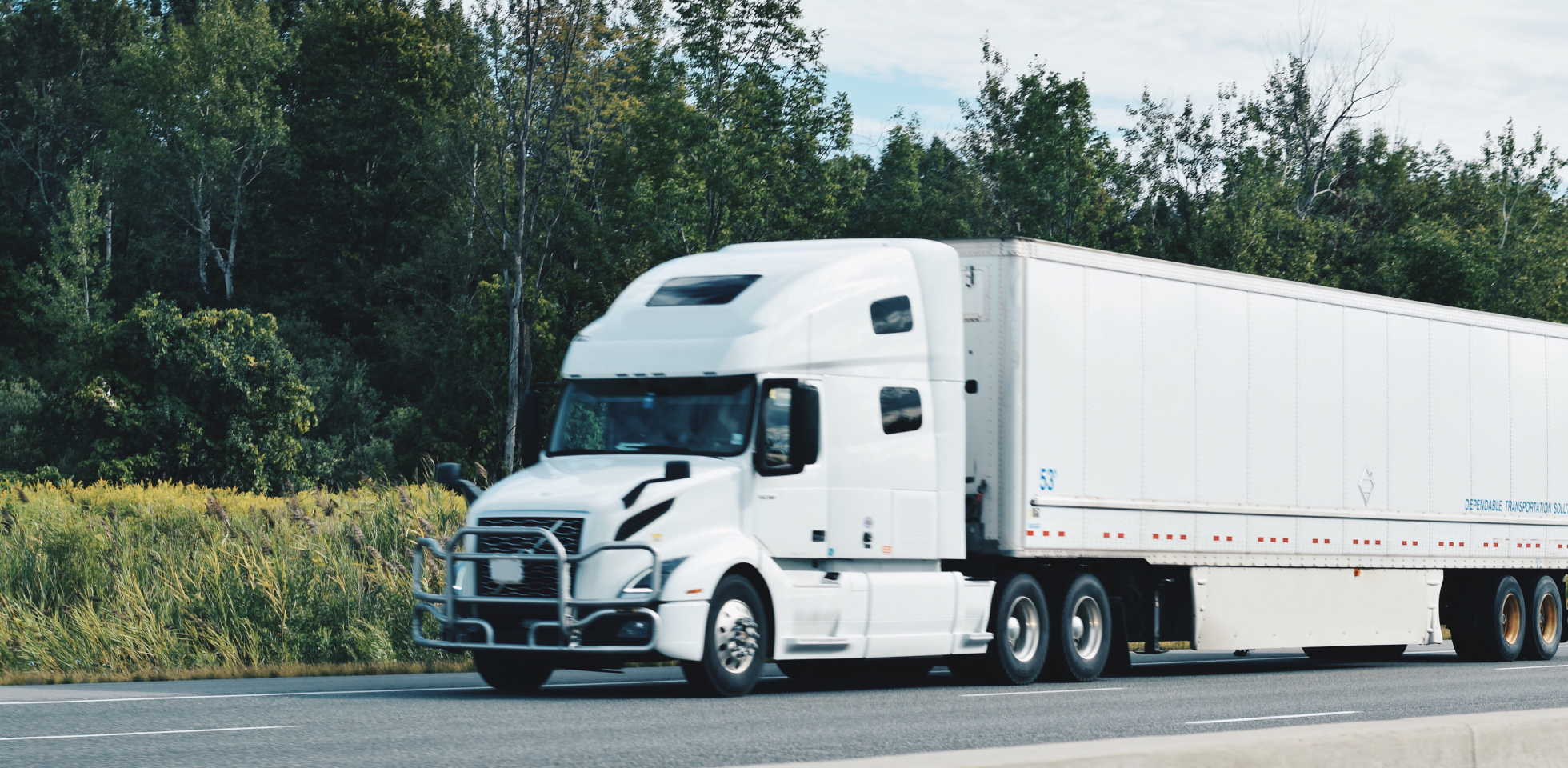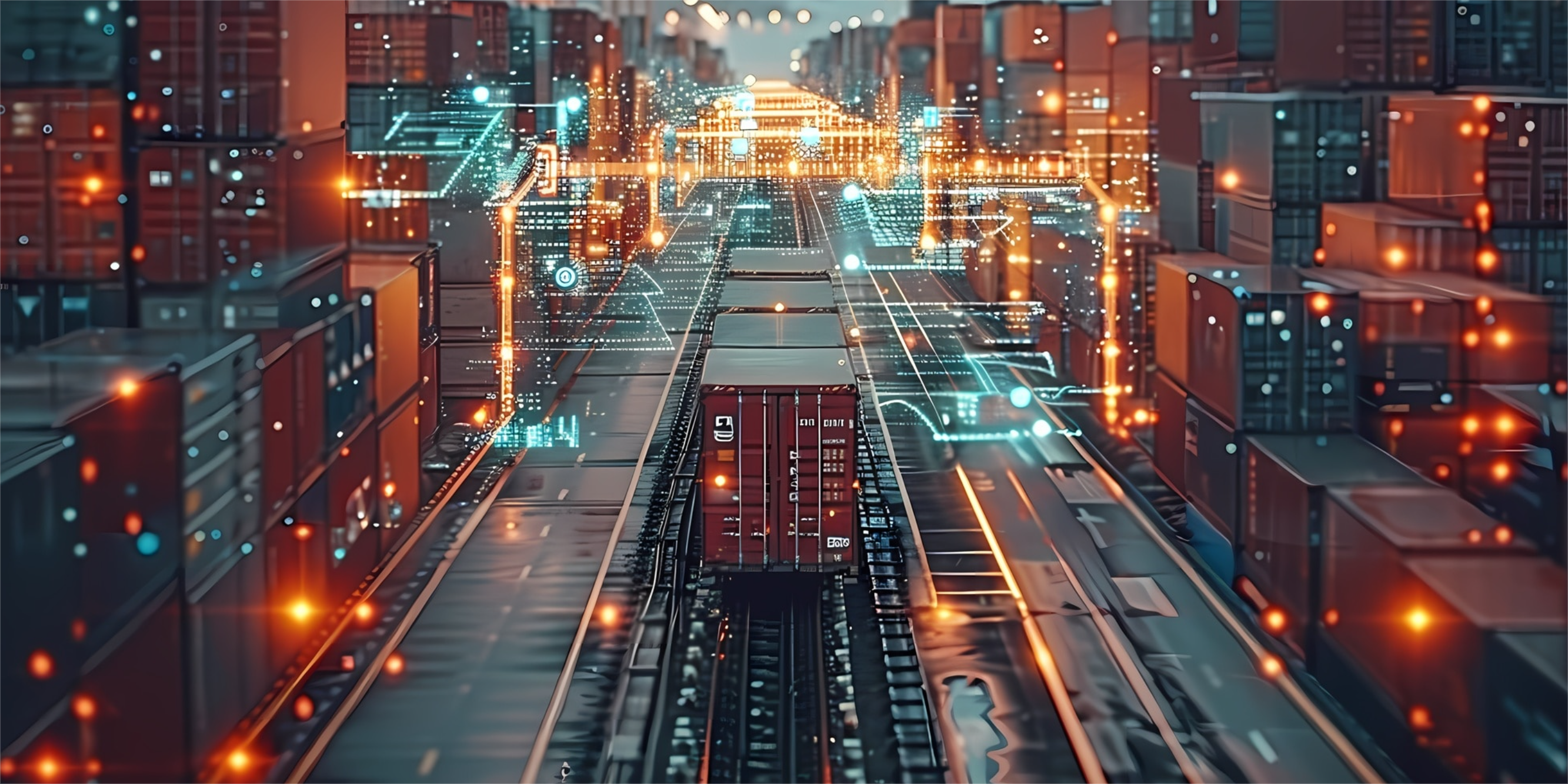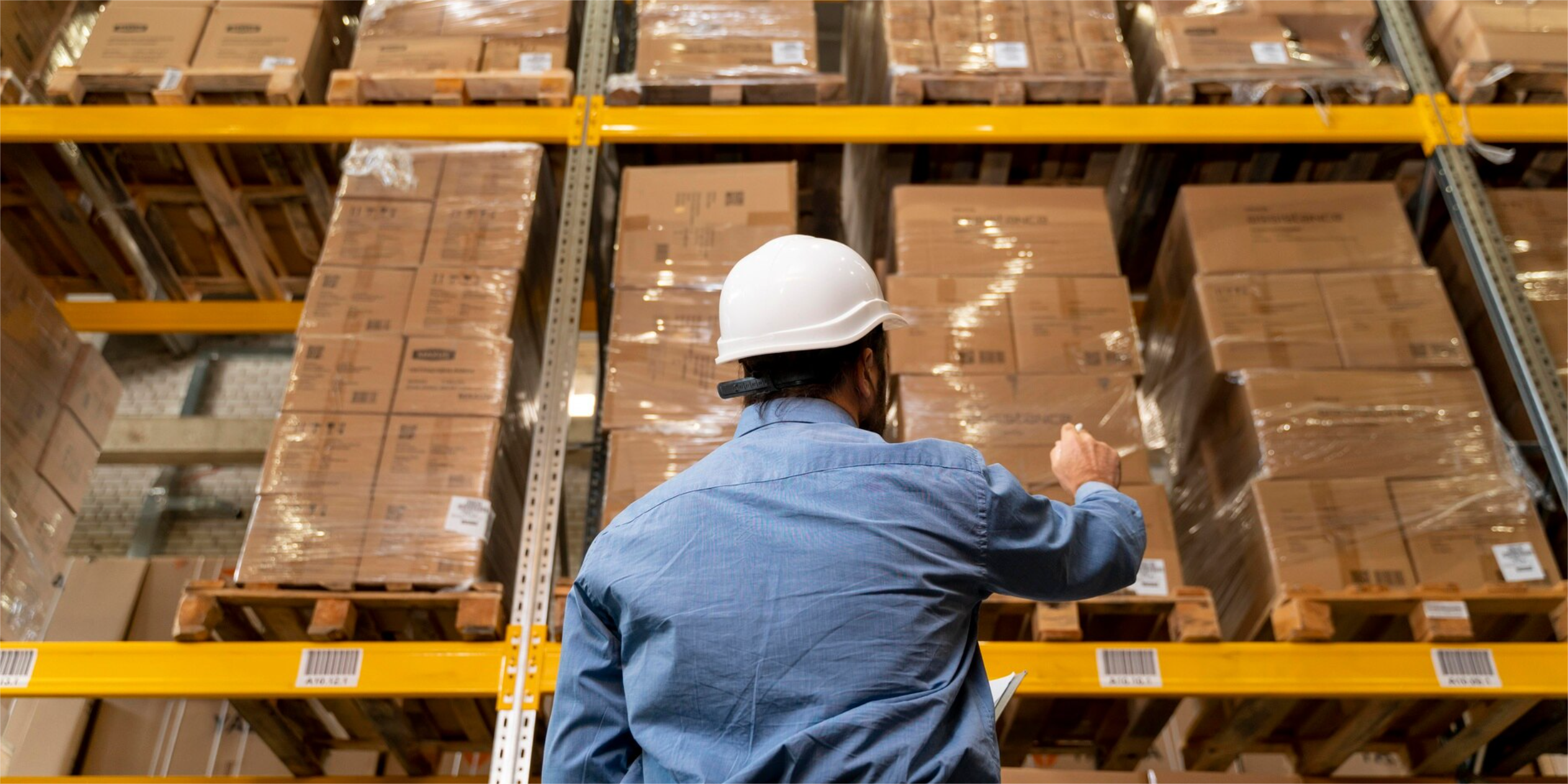In the current era, companies face increasingly complex logistical challenges. The increase in low-volume shipments, driver shortages and fuel price volatility demand technological solutions that drive efficiency and improve outcomes. Fortunately, the convergence of logistics and technology has given rise to a new paradigm: logistics 5.0.
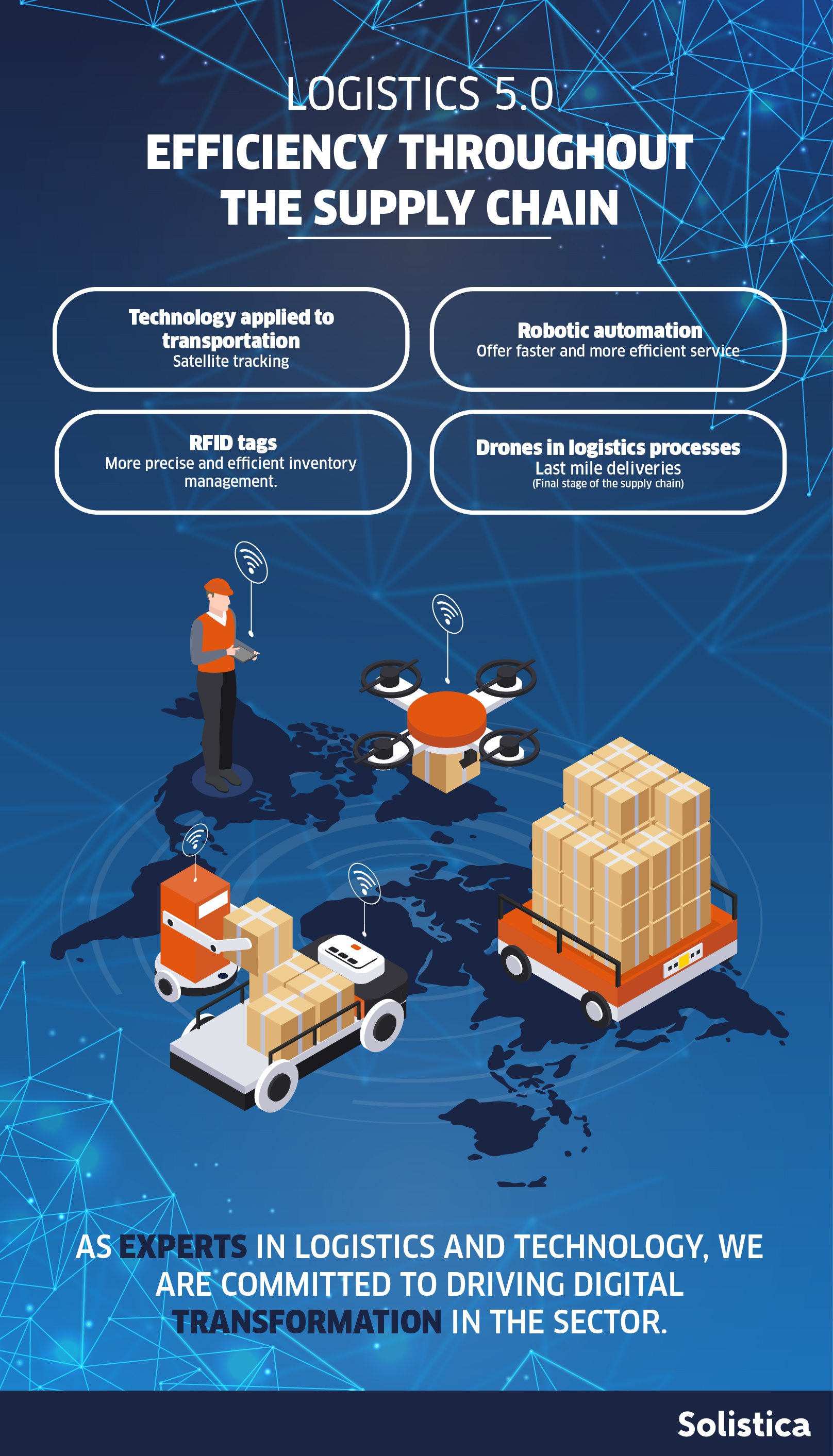
Logistics 5.0: the smart revolution in the sector
Logistics 5.0 marks the beginning of a smart era, in which companies leverage technologies such as robotics, cloud and the Internet of Things (IoT) to obtain, compare and analyze data. These technological solutions enable process optimization, better customer understanding and more informed decision making.
Companies that adopt logistics 5.0 benefit from knowing in detail the manufacturing, origin and destination of their products. The implementation of technologies such as IoT and robots is possible when innovation is fostered within the company and areas of improvement are detected in the logistical processes. In addition, the reduction of technological costs has made it possible for even small and medium-sized enterprises to access solutions such as cloud computing, avoiding the need to build costly data centers or acquire hardware.
Technology applied to transportation: efficiency throughout the supply chain
Transportation is a crucial component of logistics, and technology is playing a key role in optimizing it. IoT-based tools use sensors embedded in transport units to track their location in real time. This data is sent to the cloud, where it is processed and analyzed to improve customer service.
These technologies applied to transportation can address inefficiencies and improve margins in different key aspects:
- Fuel: Satellite tracking allows companies to obtain valuable information on routes that maximize fuel consumption, thus reducing operating costs.
- Tolls: Monitoring toll payments along routes helps companies optimize their routes and save costs in terms of road fees.
- Repair and maintenance: Sensors in vehicles can send notifications about failures and maintenance reminders, contributing to a reduction in critical problems and improving safety.
- Robotic process automation: Freeing up the potential of collaborators.
In a world where speed and efficiency are key, companies are turning to robotic process automation (RPA) to eliminate repetitive manual tasks. RPA robots perform activities such as billing, accounting, and payment processing more quickly and accurately than humans.
Contrary to popular belief, robots are not intended to replace collaborators, but to complement their efforts. By freeing employees from monotonous and repetitive tasks, robots allow them to focus on more innovative activities that add value to the customer experience.
Robotic process automation can benefit companies in a variety of areas, including:
- Billing and accounting: RPA robots can handle tasks such as accounts payable and receivable accounting, streamlining the process and reducing errors.
- Order management: By automating order tenders, greater efficiency is achieved in the procurement process, speeding up delivery time and improving customer satisfaction.
- Shipment documentation: Robots can handle the generation and tracking of necessary documentation for shipments, optimizing times and reducing errors in logistics management.
The implementation of robotic process automation allows companies to maximize their responsiveness and offer faster and more efficient service, improving the experience for both customers and collaborators.
RFID tags: more precise and efficient inventory management.
Manual inventory tracking can be a complex and error-prone task. Radio frequency identification (RFID) tags offer an effective technological solution for improving inventory management. These tags, equipped with antennas and integrated circuits, transmit data via radio frequency, allowing for precise and real-time tracking of products.
RFID tags are especially valuable in logistics environments, such as ports and warehouses, where exhaustive control of product location is required. With the use of RFID, companies can achieve better inventory distribution and more precise and timely delivery, avoiding waste and sorting problems.
The adoption of these emerging technologies in logistics can generate significant cost savings, as well as increases in process efficiency and accuracy. However, it is important to have a solid software development team and an experienced logistics operator who can implement these solutions on a large scale.
At Solistica, as experts in logistics and technology, we are committed to driving digital transformation in the sector. Our highly trained team and our experience allow us to effectively implement these emerging technologies and guarantee tangible improvements in the supply chain.
If you are looking to optimize your logistics operations and take advantage of the benefits of logistics 5.0, do not hesitate to contact us. We will be happy to help you take your company towards more efficient, precise, and future-oriented logistics.
